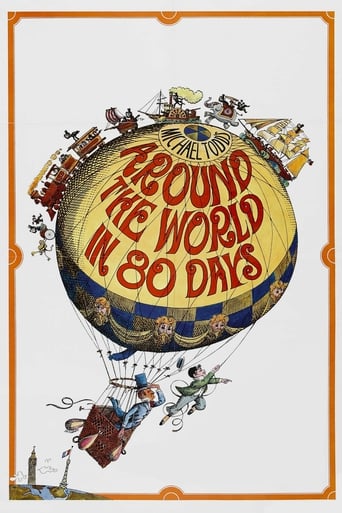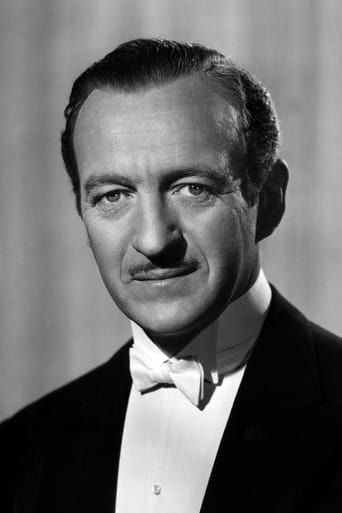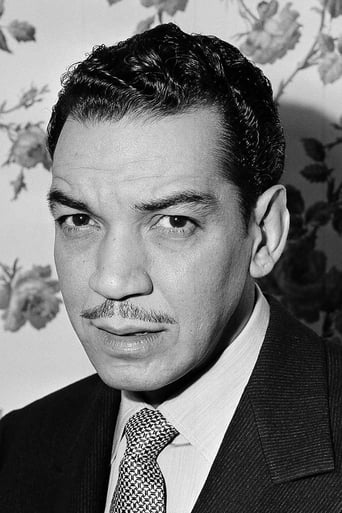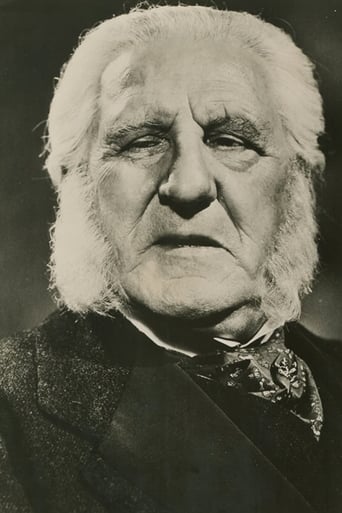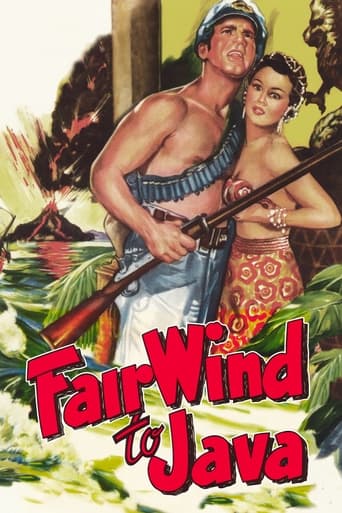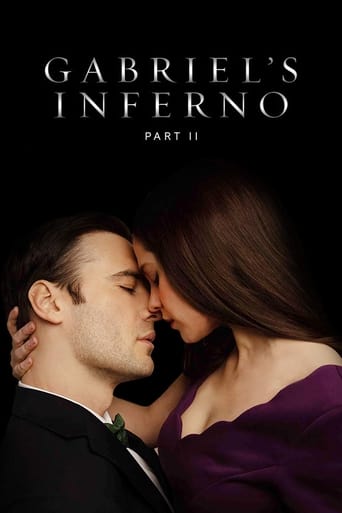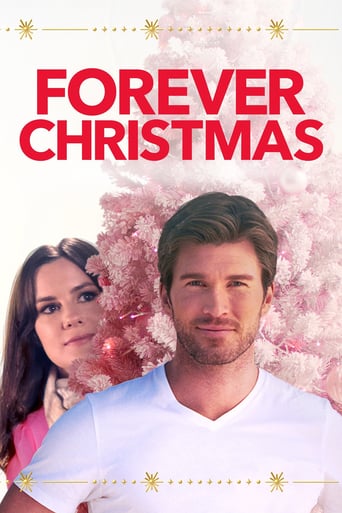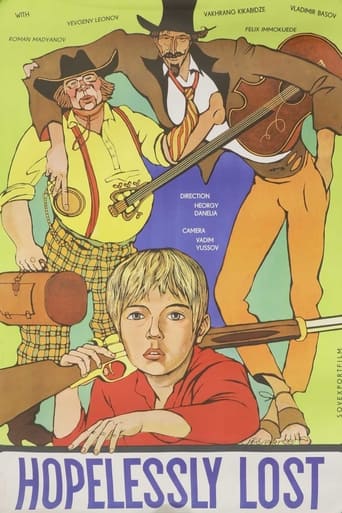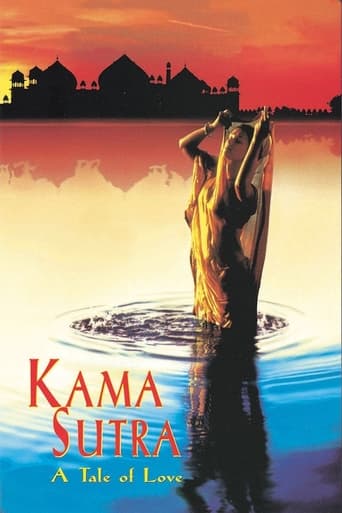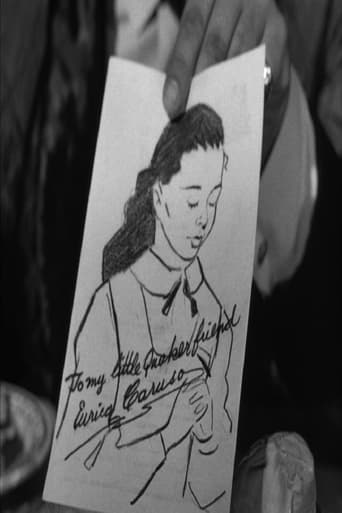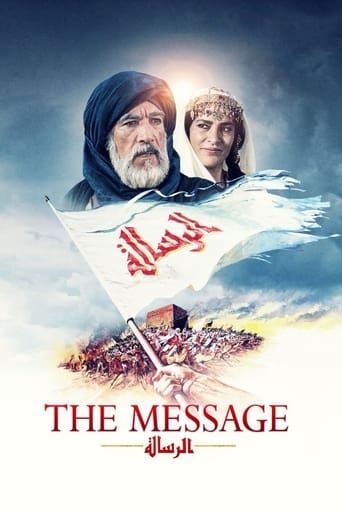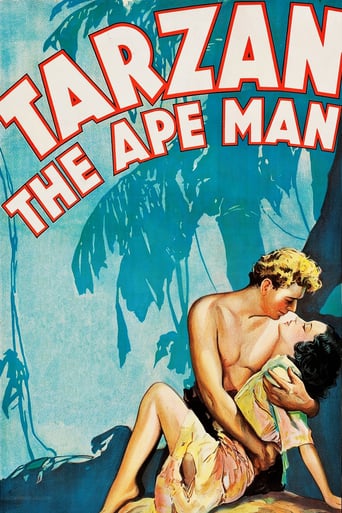Around the World in Eighty Days (1956)
Based on the famous book by Jules Verne the movie follows Phileas Fogg on his journey around the world. Which has to be completed within 80 days, a very short period for those days.
Watch Trailer
Cast


Similar titles
Reviews
Simply A Masterpiece
I don't have all the words right now but this film is a work of art.
A Masterpiece!
When a movie has you begging for it to end not even half way through it's pure crap. We've all seen this movie and this characters millions of times, nothing new in it. Don't waste your time.
My grandfather told me he did not see this film at a younger age when it came out because it would be stupid. Probably a musical with dumb songs and just a fleeting glance at old stars that no one cared about any more. Then I saw it recently and it is none of the above. Perhaps it"s because I am older now and love to watch old movies on TCM.. I mean back to the 20's through the fifties---and on---and I know most of these actors in cameo appearances.I am sure a Millenial would think a movie from the 80's to be very old, and a Gen Xer a movie from the 60's or 70's the same. And this is being generous. Perhaps also I discovered that I love David Niven as an actor. It was this movie that got me to appreciate him. I bought his autobiography and a biography on him as a result. Now onto the film itself. I thought Contanflas would simply be clownish in his acting, but he played his comedy straight. He was excellent. I agree that Shirley McClain was a poor choice as a Princess from India. This was ridiculous. But she did not ruin the movie. She was perhaps a 1/2 star off the rating tho. She was just wrong for the part. Now as to the story. It was a joy to see that there was an Intermission. Films now have no Intermissions even if they are 3 hours long. It is great that TCM shows the entire movie unaltered. So I ask you to look at it as a iight comedy with excellent acting and I think you will enjoy it. It is extremely colorful and yes, should be seen in widescreen. It is funny, my grandfather recalled, that when he was a boy it cost $2000 or more to fly from Chicago to Los Angeles. Today, this flight could cost 100 bucks! Therefore more people of the 50's would have been more interested in seeing the actual scenes from around the globe than this generation. This was mentioned by another reviewer. Still, it is a Jules Verne book. It is a futuristic book and must be approached as such. We do so with other books/movies such as 1984, released in 1949, and ATWIn80Days was released in 1873 and is set in 1872. I have deducted 1/2 star for Shirley McClain, who I otherwise think is a fine actress, and 1/2 point for the travel scenes which do tend to elongate the movie and not enhance the plot. But I don't think that is a big deal overall. Great Film!
When this movie came out, I was a high school freshman. "Around the World in 80 Days" in Todd-AO was a splendor to behold then. And on later viewings, it continues to delight. Modern audiences of the 21st century may not find it as enchanting. But, in the 1950s, world travel still was something mostly for the wealthy and some businesses. American television had little fare that showed foreign lands. For most of us, the movies and National Geographic Magazine were how we saw the broader world that we read about in school. So, "Around the World" was a window on much of the world that most people had only read or heard about. And, what a window it was – and is, with spectacular scenery, vistas, views of foreign lands, and adventures through colorful and varied cultures. I can't imagine anyone wouldn't know the premise of the film, and the book on which it's based. Jules Verne (1828-1905) was a masterful adventure storyteller. He is among the most renowned of French authors, and probably the best-known and read adventure and sci-fi writer of all time. He is indeed, the father of science fiction. Hollywood made four of his 66 novels into excellent movies, and three dozen more films have been made in various countries that were inspired by Verne novels or excerpted from them. Who can forget the big four Jules Verne stories from the mid-20th century films of them? The first was "20,000 Leagues Under the Sea" in 1954, followed by "Around the World" in 1956. The next sci-fi classic was "Journey to the Center of the Earth" in 1959, and the last of Verne's works with a worthy film production was "Mysterious Island" of 1961. One thing that enhanced Verne's work was the meticulous research he did for his novels. Of course, many of his sci-fi subjects have become a reality – submarines, rockets, travel to the moon. The most fantastic that stretched the imagination was "Journey to the Center of the Earth." Verne combined knowledge of the best current science with history and geography to create his fantastic adventure stories. Since 1980, Jules Verne is the second most translated author in the world – just behind Agatha Christie and ahead of William Shakespeare. A couple of quotes from his biographies are timeless. "Science, my lad, is made up of mistakes, but they are mistakes which it is useful to make, because they lead little by little to the truth." And, "We may brave human laws, but we cannot resist natural ones." In the introduction to the DVD film I have, film historian Robert Osborne gives some interesting background on the movie, "Around the World." The making of the film was as much a wonder, as the story itself. And, one man deserves the credit for bringing this great Verne adventure to the screen. When everyone else said it couldn't be done, Michael Todd pulled strings, cajoled people, scrounged for funding, got the best talent and writers he could, and pulled out all the stops. He set out to make a classic like no other, and he did just that.The cast for the film is superb. In the intro, Osborne says, "There was only one actor Michael Todd envisioned as the film's lead character, Phileas Fogg. And, that was David Niven, who was more than pleased to play the part." The second major role – of Passepartout, was a real achievement by Todd. He considered Cantinflas to be the greatest living performer. And, although the Mexican actor – who then was the wealthiest actor in the world, had never made a movie in English, Todd flew to Mexico to meet him. A week later, Cantinflas agreed to do the part. Niven and Cantinflas made a perfect combination to build the story around. Then, Todd set out to get a host of big name stars to add to the film. To do this, he coined the phrase, "cameo part." So, instead of their having bit parts, 36 actors were celebrated for their small parts as gems or star jewels in the film. Osborne says, "For the rest of his life, Niven said it was his favorite of all the roles he ever played." It's interesting that this Verne story doesn't have a balloon in it. At least two of his books had hot air balloons – "Five Weeks in a Balloon" and "Mysterious Island." Todd thought "Around the World" should have a hot air balloon, so it has one. This movie probably holds the record for the number of locations for filming. It was filmed at 52 locales in eight countries and regions, including cities from London to Hong Kong, and Tokyo to San Francisco. Film crews shot in Bangladesh, China, France, Japan, the Persian Gulf, Spain and Thailand. In the U.S. they filmed in California, New Mexico, Colorado and Oklahoma. And, four different major studios were used for filming – Estee Studios in England, and three in California: RKO, 20th Century Fox and Warner Brothers. "Around the World in 80 Days" won five of eight Oscars for which it was nominated, including Best Picture of 1956. It won over some tremendous films that year ("The King and I," "The Ten Commandments," "Giant," and "Friendly Persuasion.") It also won two Golden Globes including best picture. Later versions of this film were made, but none on the scope and expanse of this great production. With tens of thousands of extras in this film, and yet unspoiled or undeveloped areas captured in 1956, it's unlikely that any future production could ever equal this classic. Even though world travel has shrunk and technology now makes pictures from around the world almost instantaneous to anyone, an imaginary trip such as in "Around the World" should please audiences for decades to come.
Having previously watched The Three Stooges Go Around the World in a Daze and the Jackie Chan version, I watched this Best Picture Oscar winner recently on a plane from Korean Air. It's very long with some amusing scenes from comic Cantinflas. David Niven is his charming British self and Shirley MacLaine does adequately well in only her third film role. There are lots of Star cameos of which the most disappointing was from Buster Keaton who for some reason doesn't do any stunts with Cantinflas when the latter runs on the running train. Modern film audiences may get bored with the Edward R. Murrow intro which explains the history of some of the original book's premise and shows some early film versions of fantastic air travel stories (like A Trip to the Moon) though I was interested in that segment. Overall, Around the World in Eighty Days was pretty enjoyable if maybe overlong for its own good.
This was something of a cult film of my childhood, and it's a very fascinating experience to see it again after +50 years. As a child it was only a great adventure experience, and the spell of the exciting travel thriller story made you wallow in the book for years. 50 years later you can better assess its qualities and faults. Of course, there are any amount of deviations from the book, although the main structure is all there, but some of these deviations make the best parts of the film, especially the first adventures with the balloon into Spain with José Greco even treating you with an almost full evening ballet performance, let alone the bullfight the morning after. Cantinflas is the major acting asset of the film, creating a thoroughly sympathetic minor factotum of many arts almost like a Latin Chaplin, but David Niven is convincing enough as Phileas Fogg, Shirley McLaine make a beautiful princess, and Robert Newton as the cockney detective couldn't be better. Still, the major highlights are the great feast scenes, the Spanish adventures, the San Francisco brawl, the Indian funeral, the Japanese circus and the train rides, – only the sea voyages are cut a bit short. Of course, they should be experienced on the wide screen they were made for, but even in a computer frame the adventure still brings out all the magic enhanced by a very well composed score with the unforgettable "balloon waltz" as the jewel in the crown. In brief, this great adventure of the 50s carrying on the moods from Jules Verne and George Méliès is well worth watching still today for the major entertainment it is, on perhaps the best travel story ever written.

